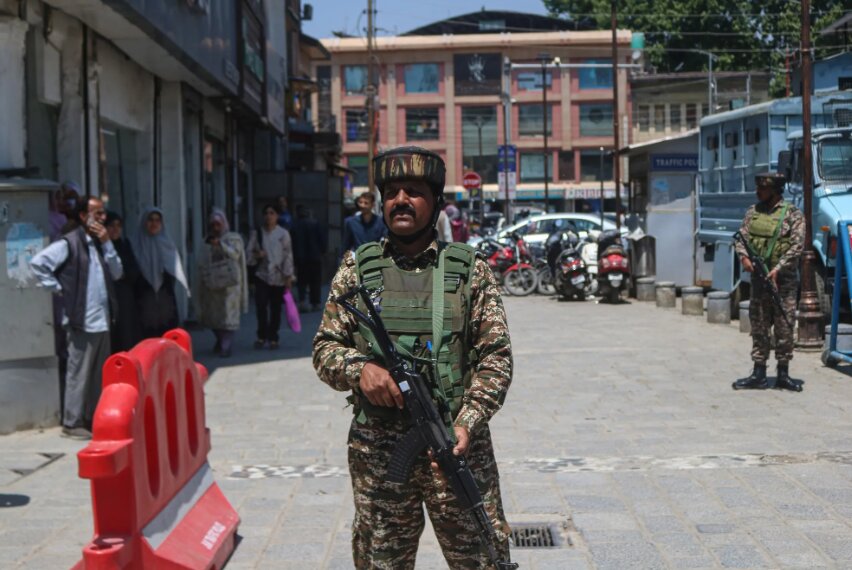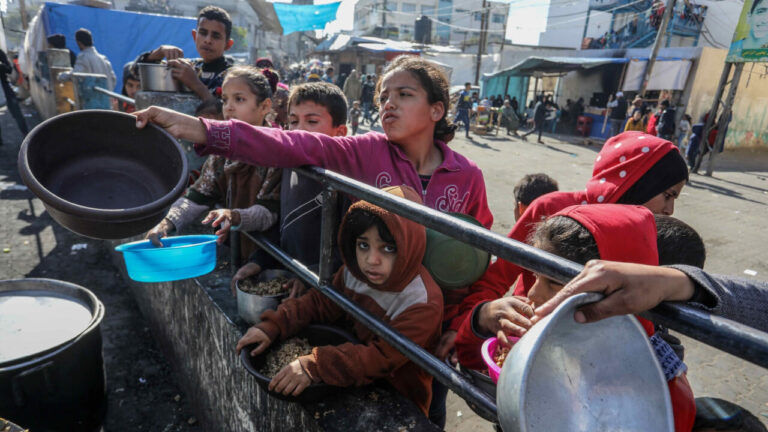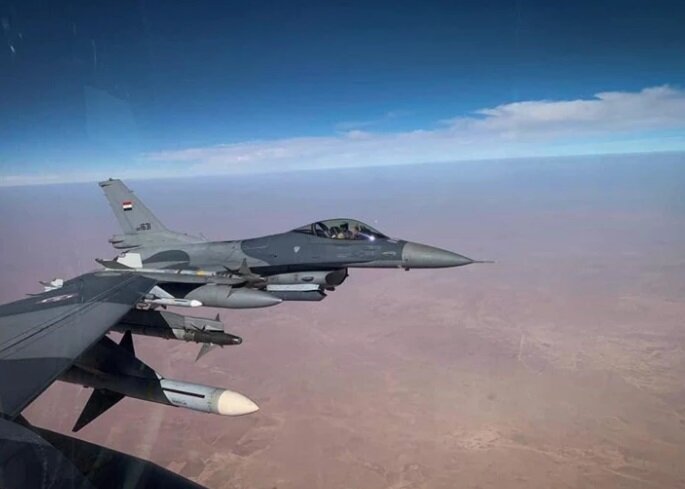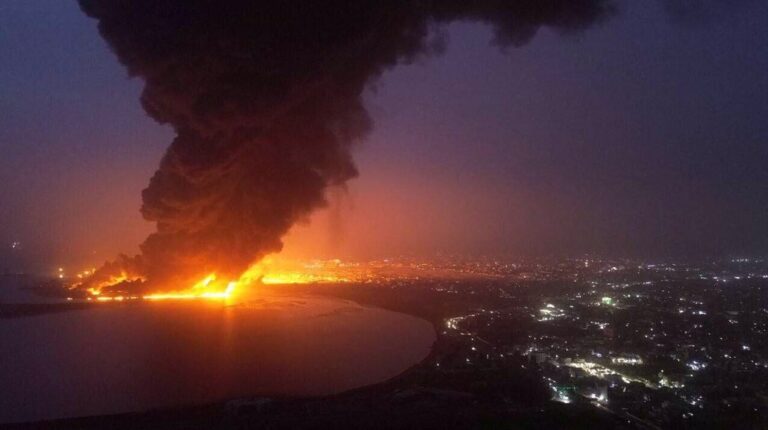Pakistan Reports 26 Fatalities from Indian Strikes Amid Escalating Tensions Following Kashmir Tragedy
In a significant escalation of tensions between India and Pakistan, India launched missile strikes into Pakistani-controlled territory early Wednesday, resulting in the deaths of at least 26 individuals, including a child. This incident has been labeled an “act of war” by Pakistan’s leadership, highlighting the precarious state of relations between the two nuclear-armed nations.
According to reports from the Associated Press, India justified its actions by stating that it targeted infrastructure used by militants linked to a recent attack on tourists in the Indian-controlled region of Kashmir. This attack, which occurred last month, has intensified accusations between the two countries, with India asserting that Pakistan supports such militant activities. In contrast, Pakistan has vehemently denied these allegations.
In response to India’s military actions, Pakistan claimed to have shot down multiple Indian fighter jets. This retaliation reportedly led to two planes crashing into villages in Indian-administered Kashmir, resulting in additional civilian casualties. Indian police and medical personnel have confirmed that at least seven civilians died due to Pakistani shelling in the region.
The situation between the two nations has become increasingly strained, especially following the recent attacks that India attributes to Pakistani backing. The National Security Committee of Pakistan, which is chaired by Prime Minister Shehbaz Sharif, convened to address the escalating crisis. The committee condemned the Indian airstrikes, asserting that they were carried out under the “false pretext of the presence of imaginary terrorist camps” and explicitly targeted civilian infrastructure, including mosques.
- Casualties: At least 26 dead, including a child, from Indian missile strikes.
- Retaliation: Pakistan claims to have shot down five Indian fighter jets.
- Civilian Impact: Seven civilians reported dead in Indian-administered Kashmir due to Pakistani shelling.
In a statement released by the National Security Committee, it was emphasized that these “unprovoked and unjustified attacks” resulted in the tragic loss of innocent lives, including men, women, and children. The statement further asserted that Pakistan would not remain passive in the face of such aggression.
Pakistan’s military leadership has indicated that they are prepared to respond to India’s actions. The government has reserved the right to retaliate “in self-defense, at a time, place, and manner of its choosing.” This declaration suggests a potential for further military engagement between the two nations, which could have dire consequences for regional stability.
As both sides continue to exchange allegations and counterclaims, the international community is closely monitoring the situation. The potential for escalation remains high, particularly given the historical context of conflict between India and Pakistan over territorial disputes, especially in the Kashmir region.
The Kashmir conflict has long been a flashpoint for violence and hostility between the two nations. Major points of contention include issues of sovereignty, territorial claims, and the presence of militant groups in the region. The recent attacks and counterattacks signal a worrying trend that could lead to an even greater humanitarian crisis.
In this volatile environment, the implications of military actions are profound. As both countries navigate this crisis, there are critical questions surrounding diplomacy, peace efforts, and the role of international actors in mediating tensions.
- Historical Context: The Kashmir conflict has been a long-standing issue between India and Pakistan, leading to multiple wars and ongoing skirmishes.
- International Response: The global community’s reaction is crucial in addressing the crisis and promoting peace in the region.
- Future Implications: Continued military engagement could lead to a larger conflict, affecting millions of lives in both countries.
As the situation unfolds, it is essential for both India and Pakistan to prioritize dialogue and peaceful resolution over military action. The potential for a peaceful outcome hinges on the willingness of both sides to engage in meaningful discussions and address the underlying issues fueling their conflict.






